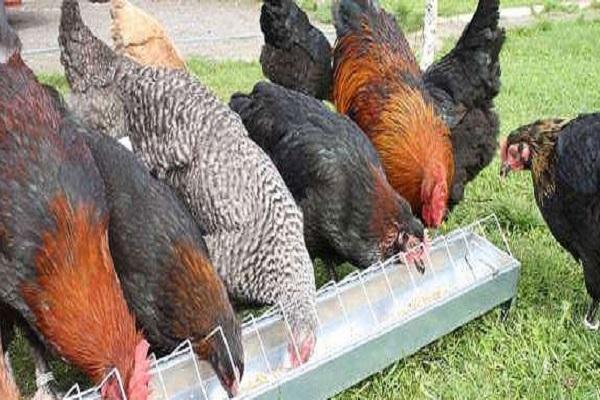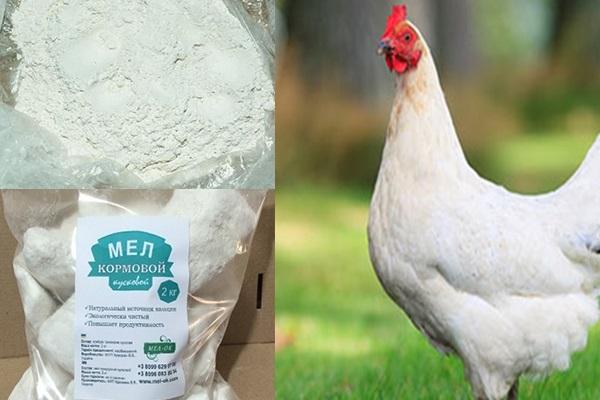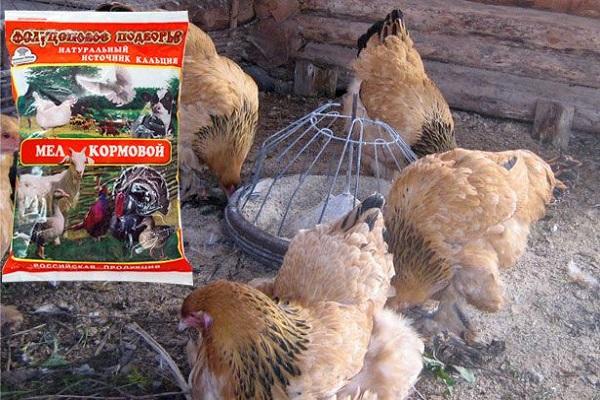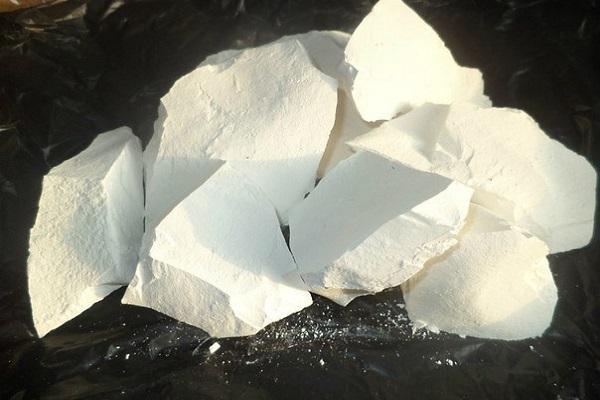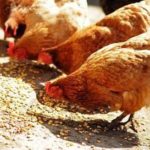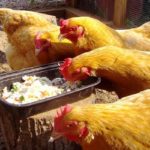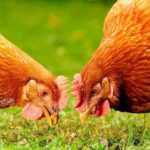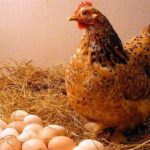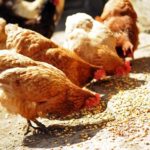In order to saturate the body with calcium, you need to know how to give chalk to chickens. A special additive increases egg production and shell strength. Lack of calcium contributes to the occurrence of diseases in laying hens, including rickets and bone damage. Also, the lack of minerals negatively affects future offspring who appear with genetic abnormalities.
Is it possible to give chickens chalk?
The daily diet of laying hens requires mineral components, with the help of which health and shells are strengthened. Chalk contains calcium, the lack of which leads to decreased egg quality and bone diseases.A useful mineral appears in the body as a result of a balanced diet. However, when chickens do not consume all the necessary components in their food, poultry farmers add crushed limestone. This type of supplement does not harm the birds and promotes the absorption of the necessary element.
For individuals who are kept in closed conditions for a long time, special complex supplements are used that contain all the necessary minerals. Such additives are used if the diet does not include fresh greens and the variety of grain feed is limited. In such cases, one food component for chickens is not enough.
What kind of chalk can you give?
It is necessary to introduce a food product into the diet that contains the required amount of calcium. The feed product contains 75% of the beneficial element. Limestone can be used, which contains 35% of the required mineral. When feeding chickens, it is necessary to add a feed product that is beneficial to the health of the bird. In rare cases, construction powder is used, which must first be prepared.
How much chalk do you need and how to give it to chickens?
All food additives that are introduced into the diet of chickens must comply with the norm so as not to harm the birds. Calcium in large quantities can negatively affect the health of young animals and adults. The feed should be included in the chickens' diet regularly. To do this, the substance is mixed with bird feed. This is necessary because birds do not have salivary glands, as a result of which the pure product does not enter the body without additional components.
Feed powder should be introduced into food in the afternoon, when shell formation begins.The dosage for 10 birds is calculated depending on the age of the bird:
- for individuals under 7 days old, it is necessary to introduce 30 grams into grain food;
- up to 25 days of age, 50 grams should be administered;
- for chickens 2 months old, 80-90 grams are used;
- for adults it is necessary to administer 100 grams.
When choosing a feed component, you should carefully ensure that there are no impurities or lumps. The further result depends on the quality of the substance. The powder is friable and does not contain lumps. The substance is white and does not contain an unpleasant odor.
Important. If the substance is not selected correctly, the hen may feel a lack of the mineral. This is manifested by paw disease and decreased egg production. The shell is thin and susceptible to damage.
Features of using construction chalk
Construction powder can be used as food. However, it must be taken into account that such material may contain additional impurities, such as gypsum and marble. Such additional components can negatively affect the health of chickens and adults. In order to use a building product as an additive for laying hens, the following points must be observed:
- the substance is mixed with water in equal proportions and left;
- after the mixture has been adjusted, you need to drain the water;
- the sediment should be dried;
- After the sediment is dried, the substance can be used as a food additive.
The construction product often contains solid particles that must be removed before use.
The building material is not used in its pure form, as it can be harmful to the health of chickens.
Conclusion
For the health of chickens, it is important to follow dietary habits. The daily diet of laying hens should contain all the necessary minerals.A lack of calcium in the body of chickens can lead to tissue degeneration and bone destruction. Also, calcium deficiency leads to decreased egg production and soft shells. Such eggs are not eaten and cannot be stored. The use of chalk saturates the body of laying hens with the necessary elements. The substance is available and does not cause harm to health.

